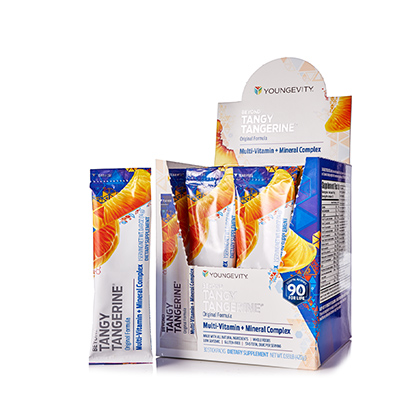Blog Archives
Probiotics: immunity-boosting bacteria
Does your diet include probiotics?
Lisa Antao
Times of India
2011 December 7
 Did you know there are over 400 distinct species of microorganisms inhabit the various regions of the adult human digestive tract, making up nearly two kg of total body weight? Few of these bacteria, such as lactobacilli species and bifidobacteria, are beneficial to our health and are capable of boosting immunity. In recent years, there has been a lot of curiosity and interest in probiotic foods because of their ability to benefit one’s health. The term probiotic means ‘for life’. There are two types of bacteria, good bacteria and bad bacteria. Harmful bacteria are those microorganisms, like yeast, fungi and parasites, that cause diseases. Probiotics are organisms that contribute to the health and balance of the intestine tract and are commonly referred to as the good bacteria.
Did you know there are over 400 distinct species of microorganisms inhabit the various regions of the adult human digestive tract, making up nearly two kg of total body weight? Few of these bacteria, such as lactobacilli species and bifidobacteria, are beneficial to our health and are capable of boosting immunity. In recent years, there has been a lot of curiosity and interest in probiotic foods because of their ability to benefit one’s health. The term probiotic means ‘for life’. There are two types of bacteria, good bacteria and bad bacteria. Harmful bacteria are those microorganisms, like yeast, fungi and parasites, that cause diseases. Probiotics are organisms that contribute to the health and balance of the intestine tract and are commonly referred to as the good bacteria.
Clinical dietician Dr Bhavi Mody says, “Probiotics are those living microorganisms that are similar to those naturally found in the gastro-intestinal system. Today, probiotic supplements are also available in the form of tablets and capsules.” Clinical nutritionist Dr Sunita Dube says, “Foods like yogurt, buttermilk, sour cream, milk and soy products like tofu, soy milk, etc. contain probiotic organisms and so do fermented foods.”
How are probiotic foods prepared? Probiotic foods are produced by the chemical action of lactic acid bacteria, yeasts or through a combination of both. These useful microorganisms help in breaking down carbohydrates and sugars, making them easily digestible and more nutritious.
And why are probiotics important for health? Gut flora is the ecology of microorganisms present in the body. And this ecology sometimes gets destroyed due to strong antibiotic medicines or drugs, illnesses, excessive consumption of alcohol and even stress. Though antibiotics are prescribed for treating illnesses, their frequent intake can also destroy the good bacteria present in the gut and intestinal tract, which in turn can affect digestion and absorption of nutrients in the body. The long-term use of antibiotics can also prevent the replenishment of these useful bacteria. Here, probiotics play an important role in supplementing the presence of the good bacteria in the body.
